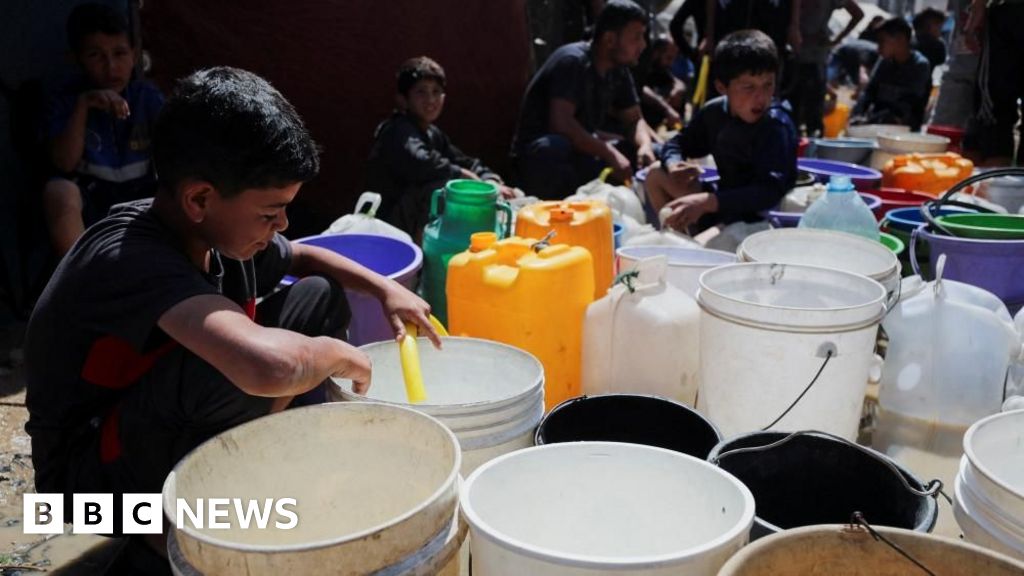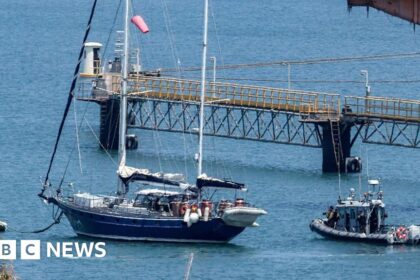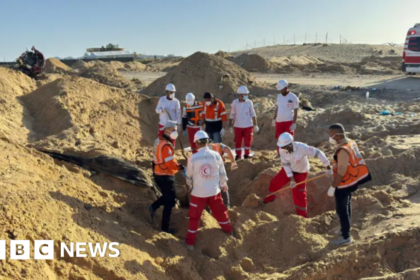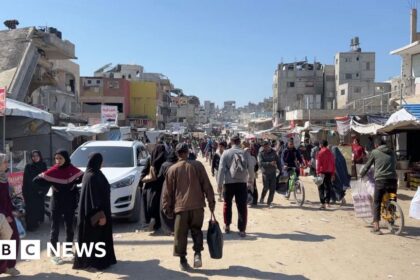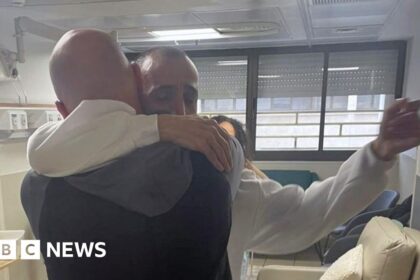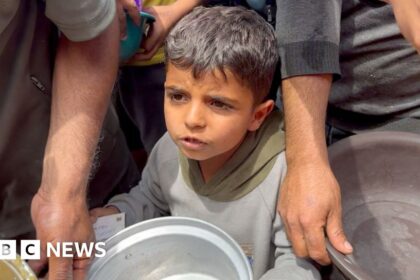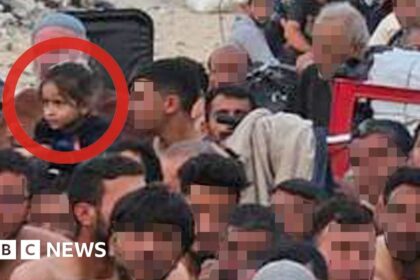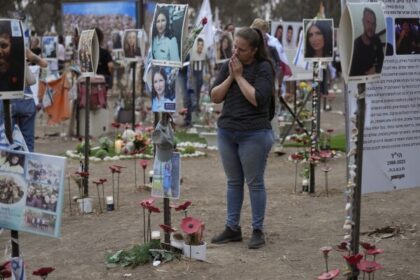**Gaza’s Water Crisis Deepens as Fuel Shortage Hits Desalination and Hygiene Facilities**
The situation in Gaza is becoming increasingly dire, with the chronic shortage of water worsening due to Israel’s expanding military operation. The United Nations’ humanitarian agency has warned that if fuel is not delivered immediately, water and sanitation facilities could be shut down completely by the end of the week.
**Desalination Plant Shut Down**
Israel’s decision to cut off power to the main desalination plant, a vital source for water in Gaza, has left the Strip without a reliable supply. The UN’s Office for the Coordination of Humanitarian Affairs (OCHA) reports that ongoing fuel shortages have already severely disrupted water and sanitation services.
**Fuel Shortage Hits Hard**
The lack of fuel is having a devastating impact on the delivery of clean drinking water to Gaza’s residents. Parents are telling their children to drink salty water, as they have become accustomed to during the 19-month war. Doctors are seeing an increase in kidney complaints among children, with some even succumbing to infections and conditions caused by contaminated water.
**Desperate Measures**
Raed al-Zaharneh, a father of four in Khan Younis, relies on water delivered by lorries, which is often half sweet (fresh) and half salty. He and his family drink the salty water, despite knowing it’s not safe, because they have no alternative. Jonathan Crickx from Unicef visited a desalination facility in Gaza’s south earlier this month and reported that production had been reduced by 80% since electricity was cut off.
**Consequences**
The consequences of the fuel shortage are dire. Water wells are operating at reduced hours, and a complete shutdown is expected. UN water utilities in southern Gaza have not received fuel for weeks, despite needing 140,000 litres per week to keep them running. Water, sanitation, and hygiene services have reduced their operating hours by over one fifth.
**Impact on Kidney Patients**
The crisis is having a disproportionate impact on patients who require kidney dialysis. Dr Ghazi al-Yazji, a kidney specialist at al-Shifa Hospital in Gaza City, reports that cases of infections and conditions caused by contaminated water are noticeably higher among children. He estimates that around 220 patients require kidney dialysis, with several having recently passed away due to the water problems.
Read More @ www.bbc.com




